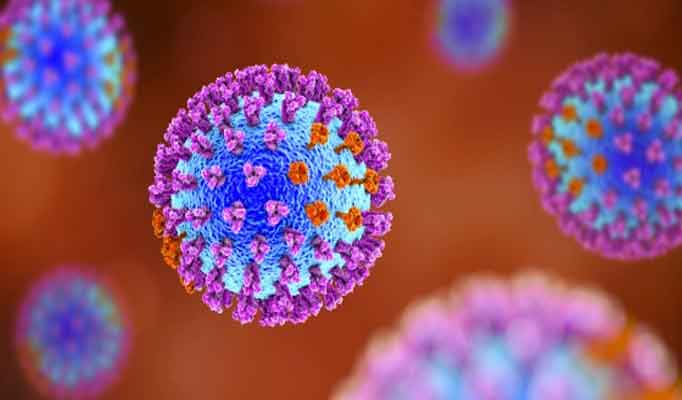
The U.S. continues to experience an unusually high and early uptick in flu and RSV infections, straining a health care system trying to recover from the worst of COVID-19.
The United States continues to experience an unusually high and early uptick in flu and respiratory syncytial virus infections, straining a health-care system trying to recover from the worst of the coronavirus pandemic.
While new coronavirus cases leveled off in recent weeks, federal health officials warned Friday they are confronting elevated levels of other viruses that are roaring back as pre-pandemic life returns and many Americans, particularly children, lack immunity. The Centers for Disease Control and Prevention issued an advisory about respiratory viruses to thousands of health care providers in an attempt to bolster testing, treatment and vaccination.
At least 4,300 influenza patients were admitted to hospitals in the week ending Oct. 29, the highest for that time period in a decade and nearly double the prior week, according to data released Friday. The flu season began six weeks early this year, at a level not seen since the 2009 H1N1 swine flu pandemic.
After enduring two consecutive winters crushed by an influx of covid-19 patients, American hospitals face the prospect of a third covid winter – this time, slammed on three fronts.
“With increased RSV infections, a rising number of flu cases and the ongoing burden of covid-19 in our communities, there’s no doubt we will face some challenges this winter,” Dawn O’Connell, assistant Health and Human Services secretary for preparedness and response, told reporters Friday. “But it’s important to remember … that RSV and flu are not new, and we have safe and effective vaccines for covid-19 and the flu.”
Respiratory syncytial virus, a common cause of cold-like symptoms in children known as RSV, continues to rise nationally and strain children’s hospitals. Trends vary regionally; RSV appears to be receding in the southeast and mountain west as influenza surges. There is no vaccine for RSV, but Pfizer plans to seek approval for one administered during pregnancy.






